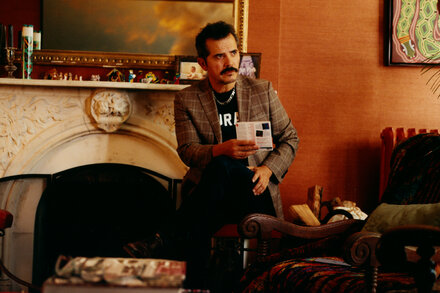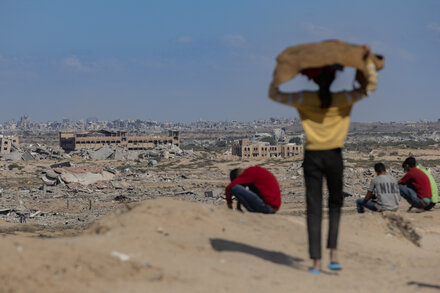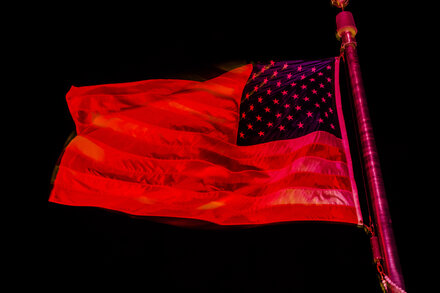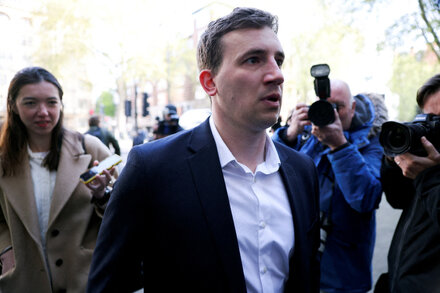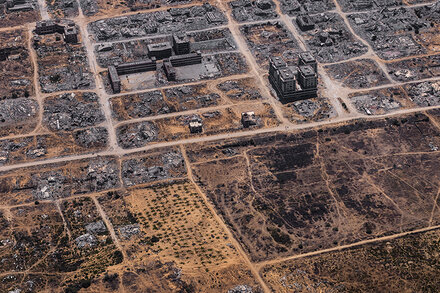
JERUSALEM – Israel is grappling with unprecedented internal divisions, leading many observers and citizens to describe the nation as being “at war with itself.” A series of escalating political, social, and cultural rifts have culminated in widespread unrest and a profound crisis of national identity, challenging the very fabric of Israeli society.
The current turmoil stems from a deeply divisive legislative push by the governing coalition, which critics contend seeks to fundamentally alter the balance of power and the country’s democratic character. This legislative package, spearheaded by Prime Minister Benjamin Netanyahu’s government, has ignited fervent opposition across a broad spectrum of Israeli society, including former security chiefs, business leaders, and hundreds of thousands of ordinary citizens.
Mass protests have become a regular feature in major cities, with hundreds of thousands taking to the streets weekly. The demonstrations, which began earlier this year, show no signs of abating, often leading to clashes with law enforcement and blockades of key infrastructure. The sustained nature of these protests underscores the depth of public anger and disillusionment.
“We are witnessing a profound moment of introspection and fragmentation,” stated Professor Tamar Golan, a political sociologist at Tel Aviv University. “The divisions are not merely political; they penetrate deeply into ideological, religious, and social spheres, questioning the very definition of who we are as a nation.”
The crisis has also had tangible impacts on various sectors. Reports from the economy indicate growing uncertainty among investors, with some international rating agencies issuing warnings about potential downgrades if stability is not restored. Furthermore, significant internal dissent has emerged within key institutions, including the military, where thousands of reserve soldiers have threatened to cease volunteer duty in protest against the government’s policies, raising concerns about national security readiness.
Prime Minister Netanyahu, in a recent address, acknowledged the deep divisions but reiterated his government’s commitment to its agenda, while calling for national unity and dialogue.
“I hear the voices of protest, and I understand the pain and fear felt by many of our citizens,” the Prime Minister said. “However, we must also remember that we are one nation. This government was elected to govern, and we are working to strengthen Israel for all its people. I call upon all parties to engage in constructive dialogue, to find common ground, and to remember that our shared future depends on our ability to overcome these internal challenges together.”
However, opposition leaders and civil society groups argue that the government’s actions are exacerbating the crisis rather than resolving it. Yair Lapid, leader of the opposition, accused the government of driving a wedge through society.
“The current government is dismantling the shared values that have held us together for decades,” Lapid stated at a recent rally. “This is not a debate about policy; it is a battle for the soul of Israel. We will not stand idly by as our democratic foundations are undermined and our society is torn apart by an extreme agenda.”
The ongoing internal strife has drawn significant attention from international allies, many of whom have expressed concern about the stability of one of the region’s key democracies. Diplomats and analysts continue to monitor the situation closely, hoping for a resolution that can heal the deep wounds within Israeli society.
As the nation grapples with these profound internal conflicts, the path forward remains uncertain. The question of how Israel will navigate these challenging times and ultimately redefine its collective identity in the face of such deep divisions continues to be a central focus for its citizens and the world.
Source: Read the original article here.

